Roddick strongly supports Naomi Osaka: She shouldn't be forced to be polite if she doesn't want to.
At the award ceremony following the Montreal final, Naomi Osaka did not congratulate the champion, Mburko, as is customary. This detail quickly went viral on social media, becoming a focal point of public debate. Feeling the pressure, Osaka sincerely apologized, explaining that she was in a daze at the time, focused on avoiding a situation like the one after the 2018 US Open final, where she was overwhelmed with emotion and struggled to articulate her thoughts. However, even though she quickly addressed this "mistake," the controversy did not subside; people seemed more inclined to focus on her perceived rudeness rather than her effort on the court until the last moment.
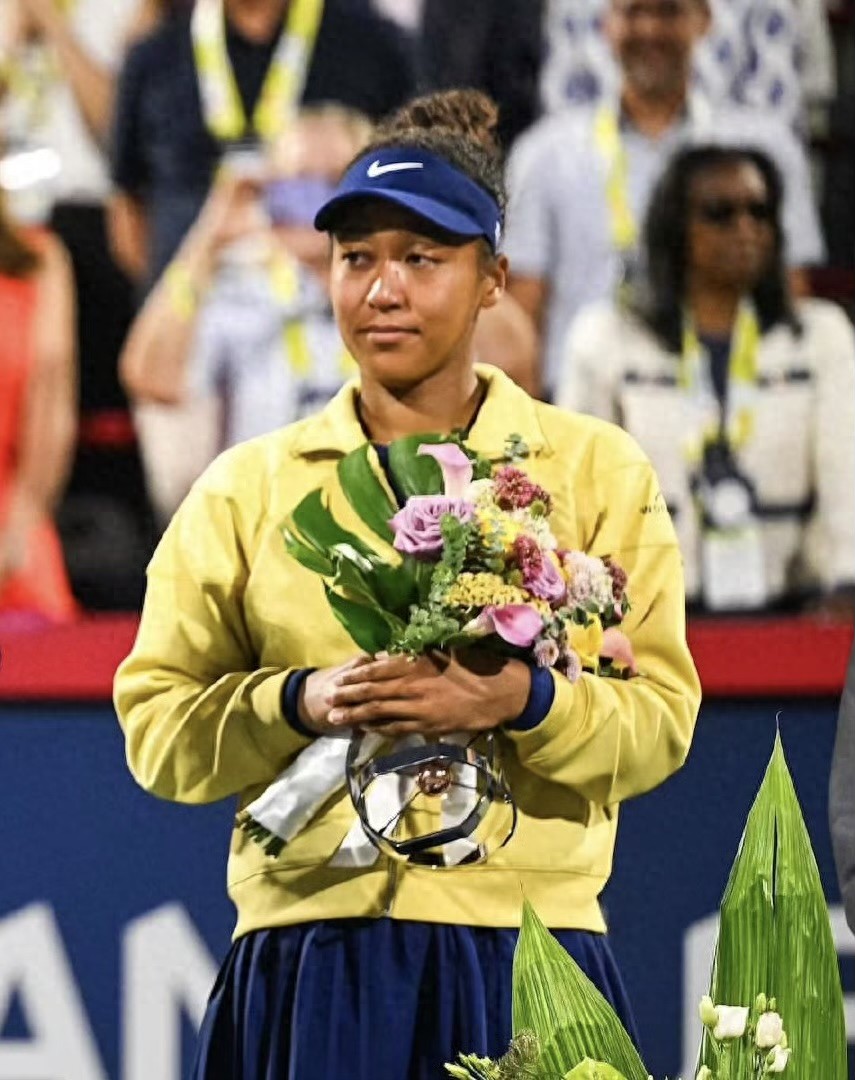
In response, Roddick stepped up to support Naomi Osaka, arguing that tennis is one of the few sports that requires athletes to face the camera immediately after a painful loss, maintain composure, and praise their opponents. He stated, "She didn't want to give a long speech after the match. I saw some people say 'she should have said this...', but honestly, tennis is the only sport that requires players to speak publicly right after a loss." In the NBA Finals, UEFA Champions League, or F1 events, runners-up are not required to make statements immediately after defeat, nor are they criticized for not appearing dignified enough. Yet in the world of tennis, speeches at award ceremonies seem to become an invisible moral assessment, where even if you've just lost a hard-fought battle, and your emotions are still on the brink, you must smile, congratulate your opponent, thank your team, and praise the event.
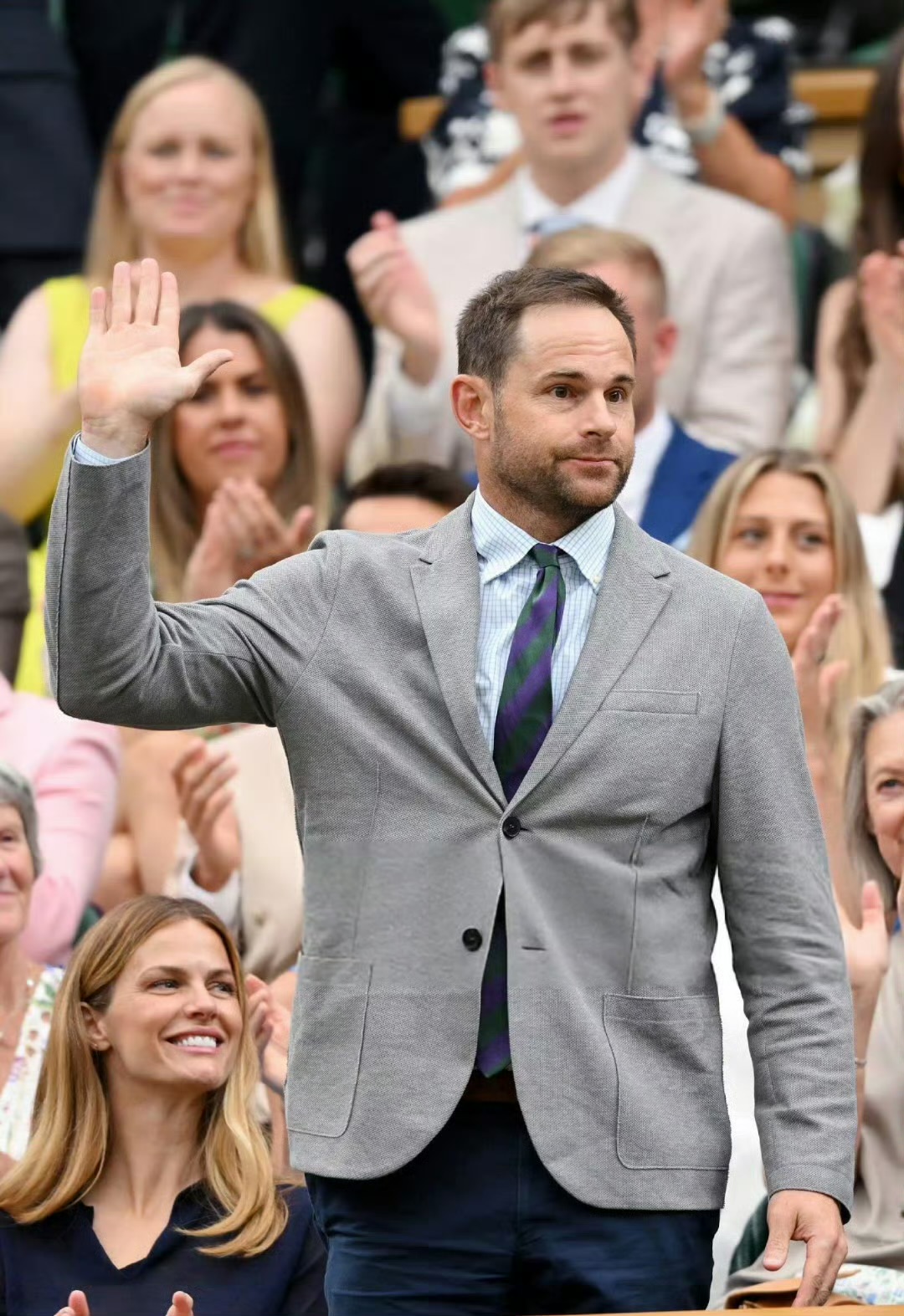
This ritual of the defeated may seem like a reflection of sportsmanship, but it is, in fact, a harsh performance demand. Professional athletes, after intense competition, are in a state of extreme physical and mental fatigue, yet event organizers expect them to quickly adjust their emotions and deliver a proper public speech. Osaka's explanation, "I was in a daze," reveals the unreasonable nature of such expectations.
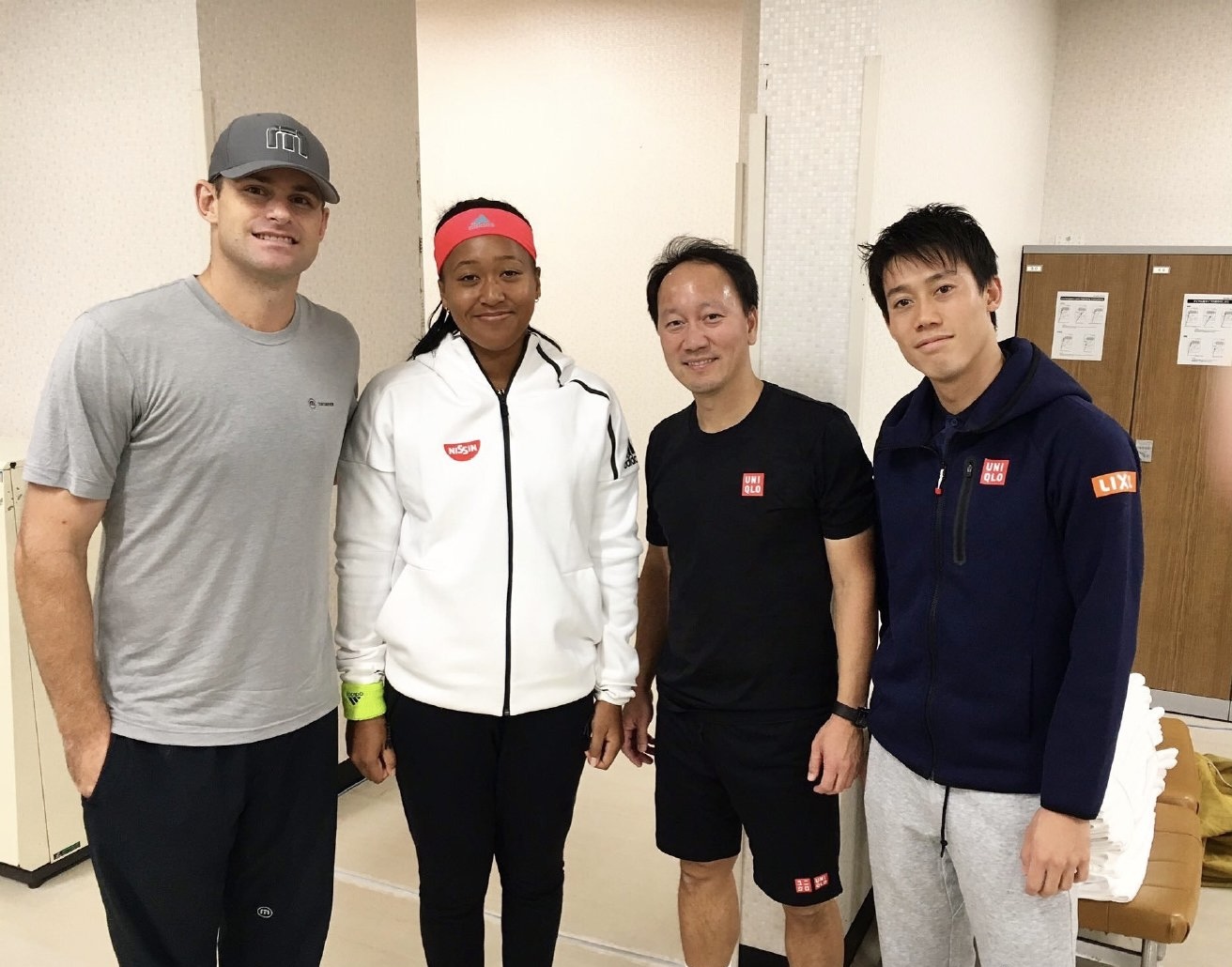
Naomi Osaka has always been seen as humble and sincere, repeatedly showing respect for her opponents both on and off the court. However, this time, she was thrust into the spotlight of public opinion simply for not expressing the expected polite words at a specific time and place. Roddick's defense hits the nail on the head: "No one can maintain their best state in such a situation. If someone can do it, that's great; if not, that's understandable. I'd rather she and Mburko remain friends off the court than just appear friendly while holding a microphone on the podium."
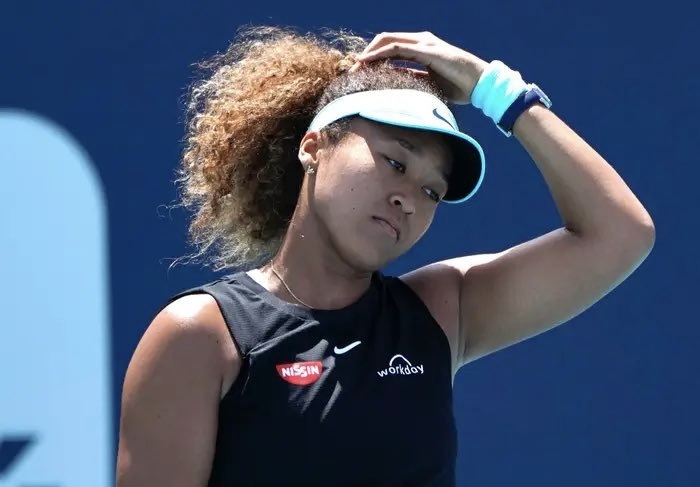
True sportsmanship should not force athletes to perform "perfect decorum" during emotional lows but should allow them the right to have a brief silence, disappointment, or even an outburst after a loss. Osaka did not disrespect Mburko; she simply did not follow the standard procedure at that moment. The excessive reaction from the public exposes the pathological demands of emotional management placed on athletes in tennis culture.
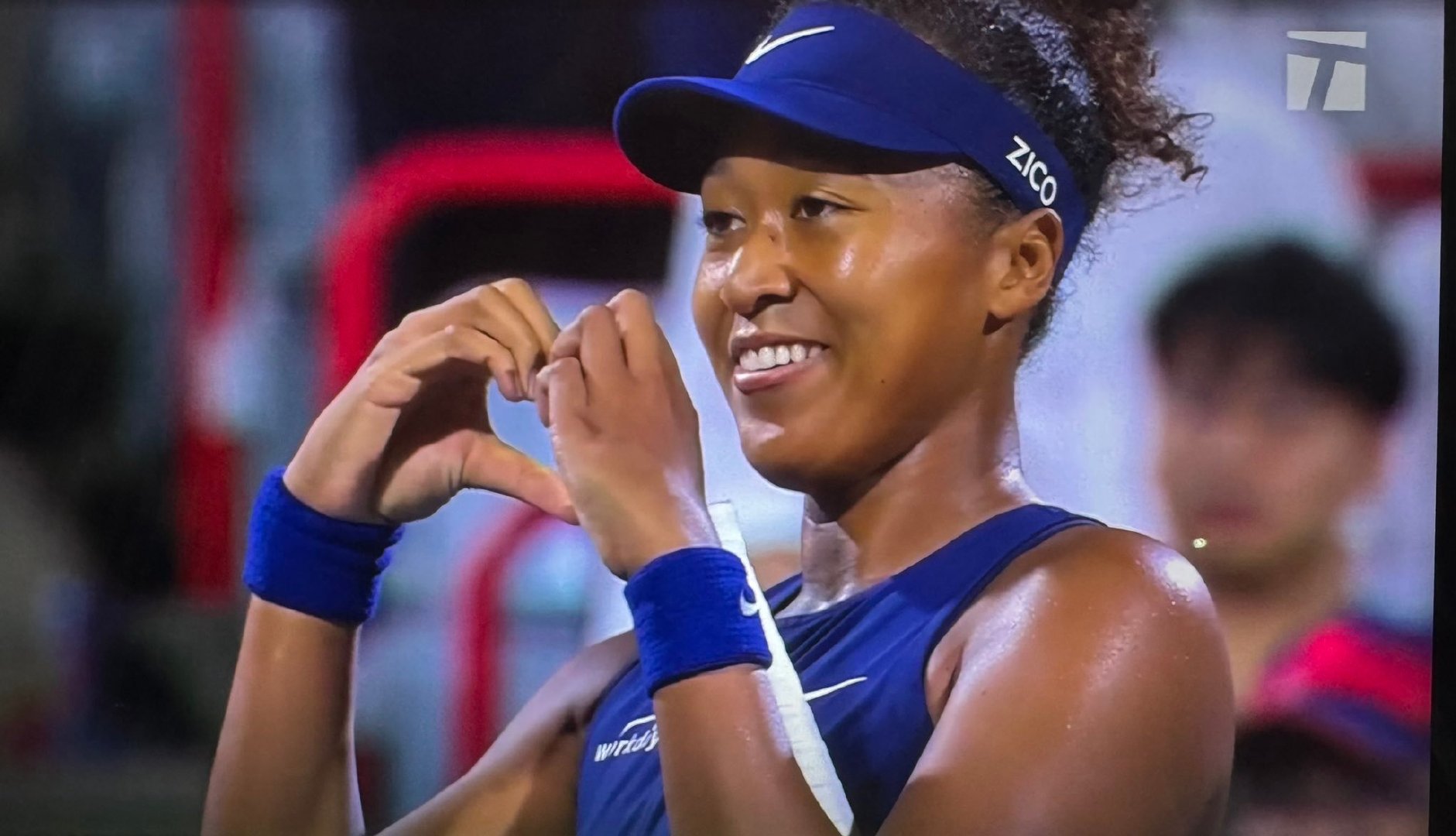
If tennis truly wishes to care for the mental health of its athletes, it may need to reassess the necessity of post-match ceremonies. Why can't losers make statements after they have stabilized their emotions? Why can't they be allowed a brief emotional buffer after a defeat? Osaka's case is not an isolated incident; after the 2018 US Open final, she was brought to tears by the audience's boos; in 2020 at the French Open, she withdrew due to mental health issues. These events indicate that the professional tennis environment places excessively high demands on athletes' psychological resilience.
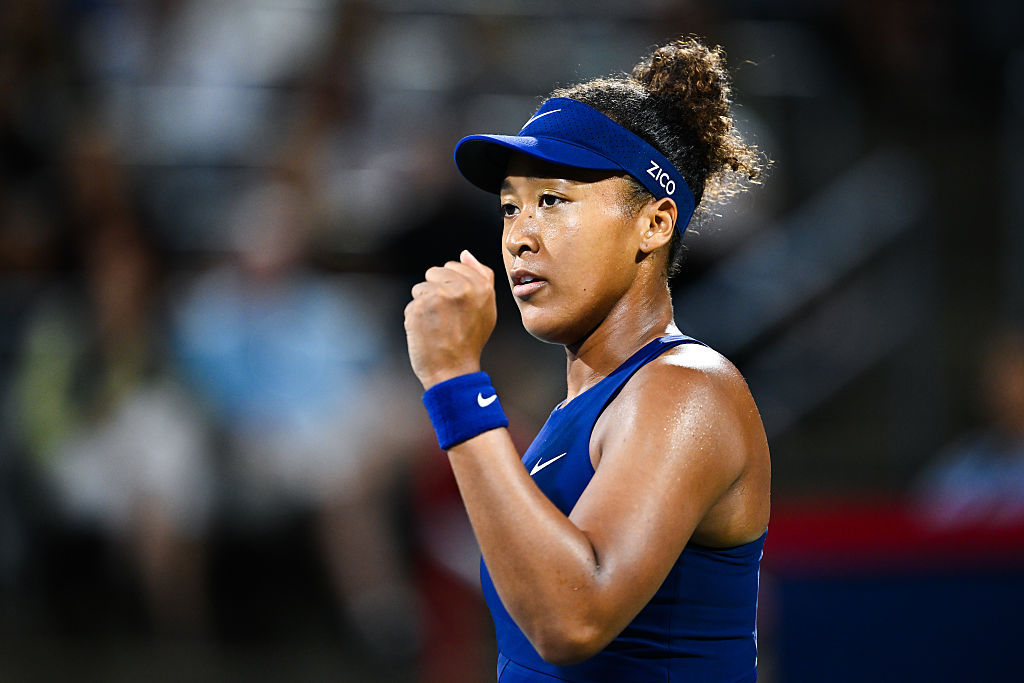
Osaka's "rudeness" should not have become a controversy; what is truly worth discussing is why tennis culture and some fans are so lacking in tolerance for losers. When a sport demands that athletes smile, thank others, and praise their opponents immediately after a loss, is it inadvertently stripping them of their right to express genuine emotions? Perhaps the progress of tennis lies not only in technique, competition formats, or commercial development but also in whether it can create a more humane environment: allowing athletes to cheer freely in victory and have a moment of silence in defeat.(Source: Tennis Home, Author: Mei)







 Links
Links
 Contact
Contact
 App
App


